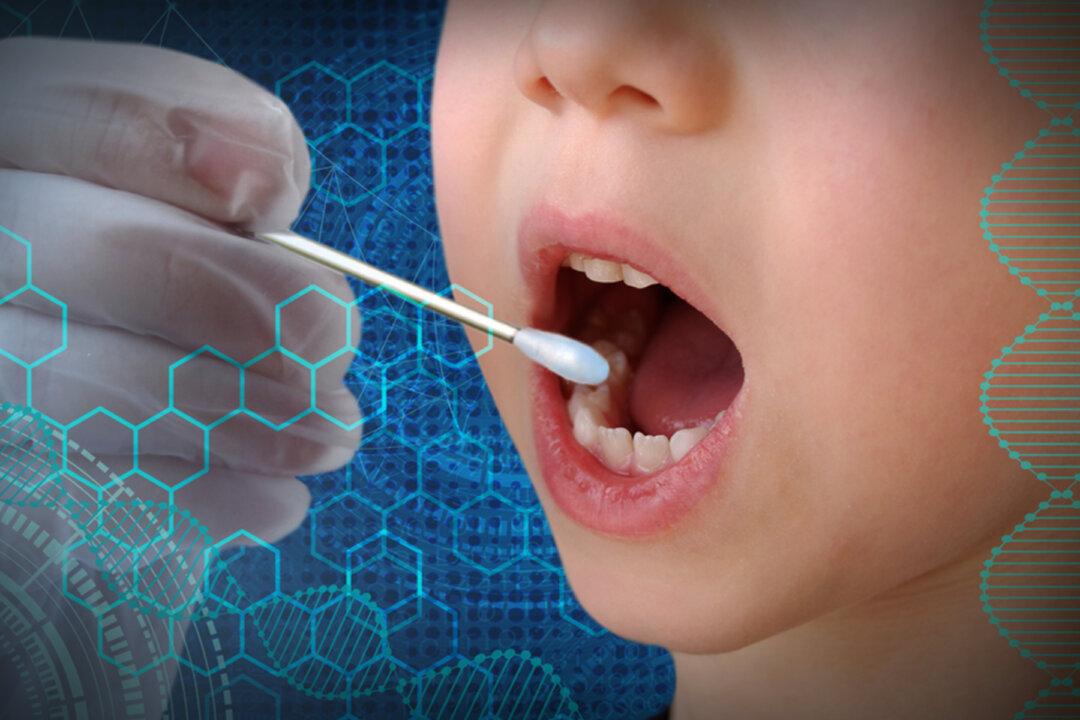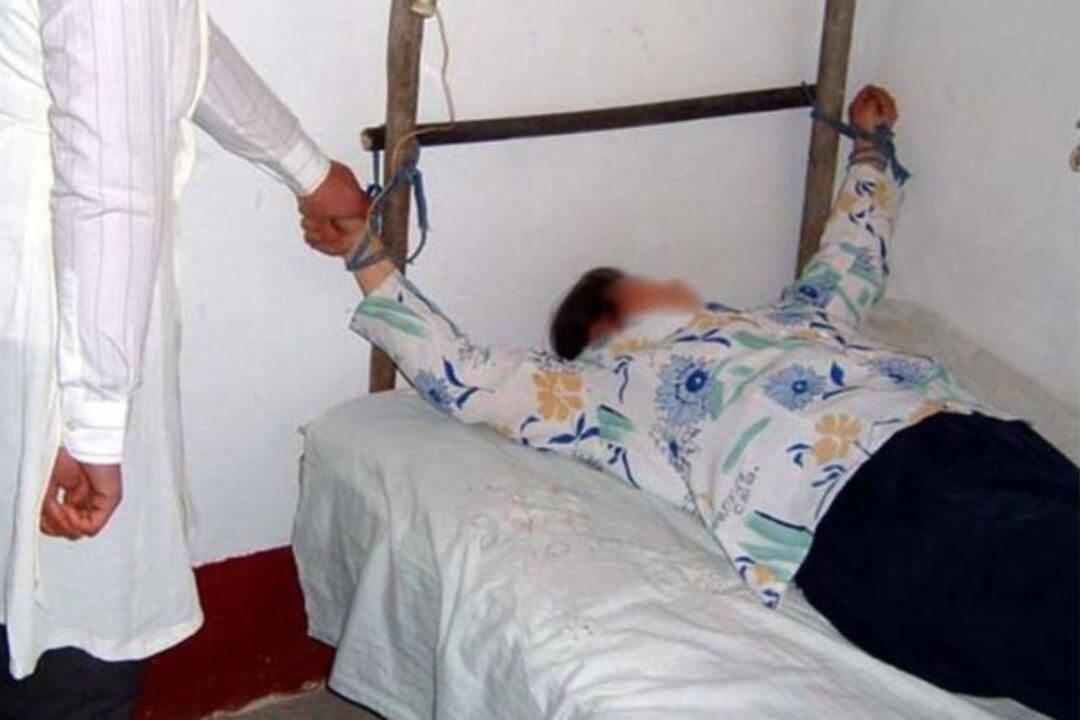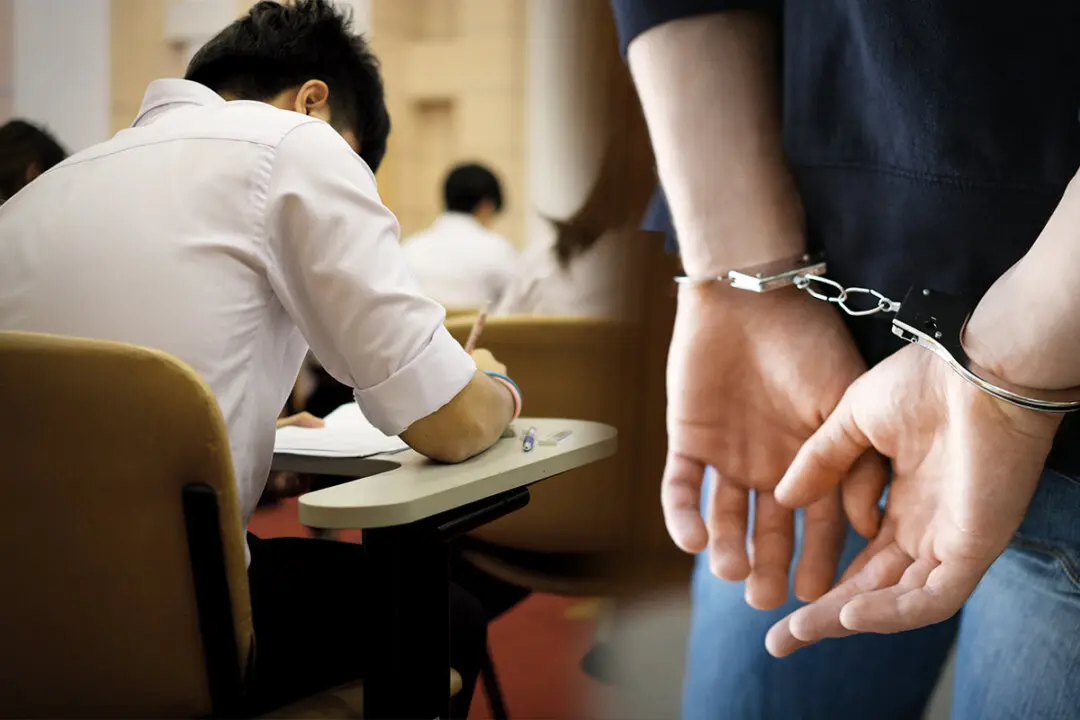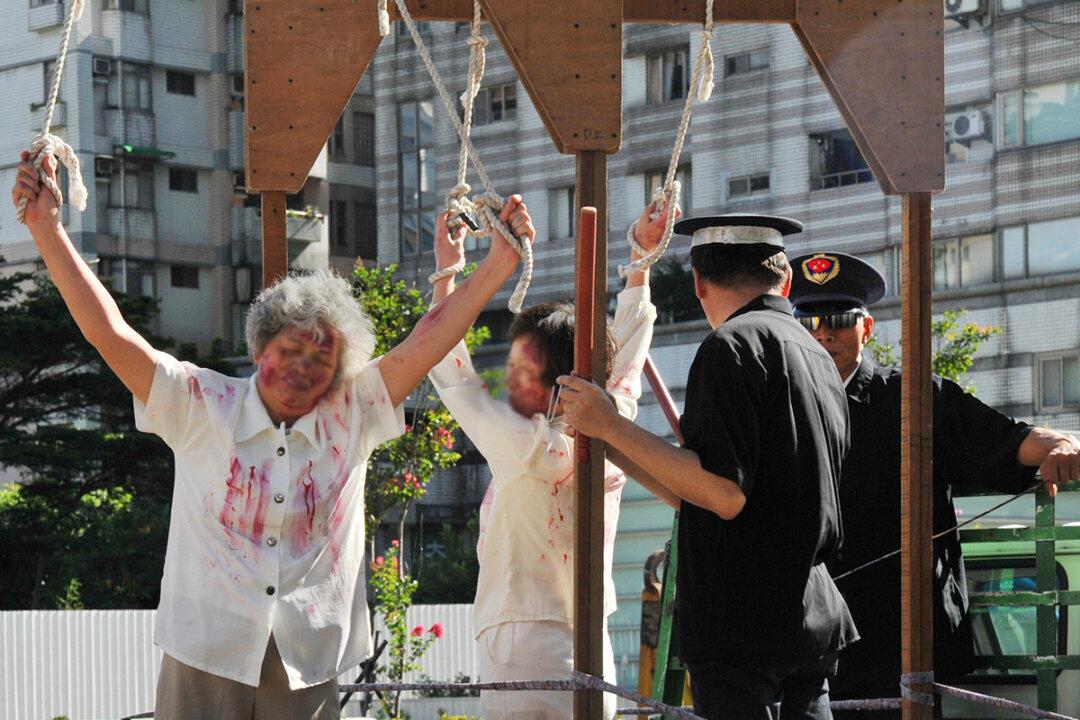Since the early 2000s, the Chinese Communist Party (CCP)—infamous for its restrictions on freedom of expression, persecution of religious believers, and surveillance with facial-recognition tools—has been working to materialize yet another disturbing goal: building a DNA and blood-sample database, all in the name of expanding control over its citizens.
Blood samples have been taken from students in many schools, as part of the government’s massive operation. No notice or written communication has been issued to parents. We felt very unsafe.





![‘Killing You Would Be the Same as Killing Ants’: Prisons Where Innocent Citizens Are Tortured [PHOTOS]](/_next/image?url=https%3A%2F%2Fimg.theepochtimes.com%2Fassets%2Fuploads%2F2023%2F12%2F09%2Fid5544114-Falun-DaFa-practitioner-1080x720.jpg&w=1200&q=75)